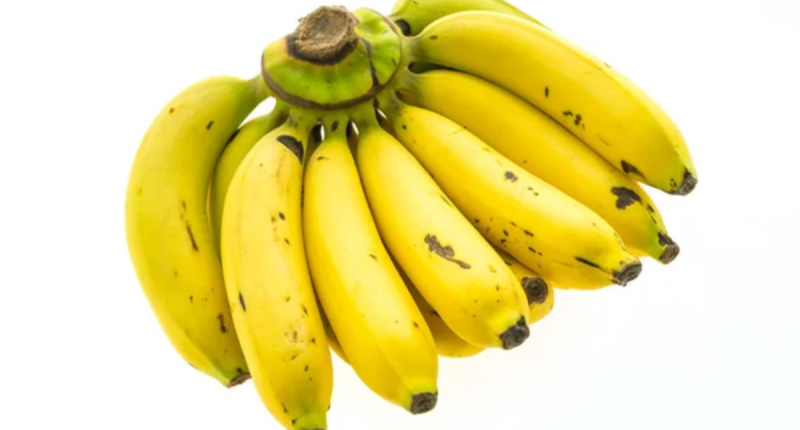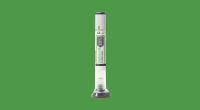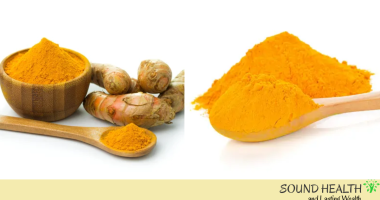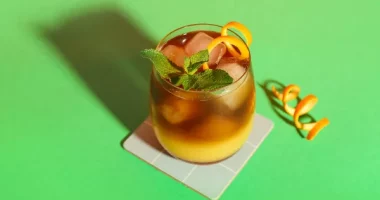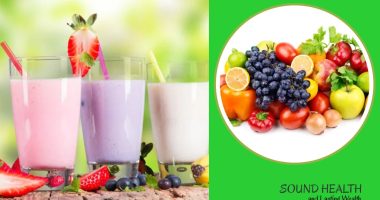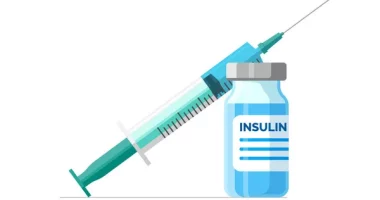Yes, bananas do raise your blood sugar, but they are considered a low-glycemic food, which means they raise your blood sugar slowly. This is because they contain a type of fiber called resistant starch that is not digested by the small intestine. Resistant starch acts like a prebiotic, which means it helps to promote the growth of beneficial gut bacteria. These bacteria have been shown to improve blood sugar control and reduce the risk of type 2 diabetes.

Ripe bananas also contain a type of sugar called sucrose. Sucrose is a simple sugar that is quickly absorbed into the bloodstream. However, the resistant starch in bananas helps to slow down the absorption of sucrose, which means that bananas raise your blood sugar more slowly than other foods that contain sucrose.
The glycemic index (GI) is a measure of how quickly a food raises your blood sugar. The GI of ripe bananas is 52, which is considered to be low. This means that bananas raise your blood sugar more slowly than foods with a high GI, such as white bread and white rice. People with diabetes should be aware of the amount of carbohydrates in their diet, as carbohydrates can raise blood sugar levels. However, bananas can be a part of a healthy diet for people with diabetes, as long as they are consumed in moderation.
ALSO READ | When To Eat Banana For Weight Loss
Dietary fiber, starch, and sugars in bananas at different stages of ripeness
Study has shown that the dietary fiber, starch, and sugars in bananas change significantly as they ripen. Unripe bananas are high in starch and low in sugar. As they ripen, the starch converts to sugar, and the dietary fiber content decreases.
Here is a table of the dietary fiber, starch, and sugars in bananas at different stages of ripeness:
| Stage of Ripeness | Dietary Fiber (g/100g) | Starch (g/100g) | Sugars (g/100g) |
|---|---|---|---|
| Unripe | 6.1 | 69.3 | 5.1 |
| Slightly ripe | 4.4 | 42.2 | 18.6 |
| Ripe | 2.6 | 15.2 | 22.0 |
| Overripe | 2.3 | 14.2 | 23.2 |
As you can see, the dietary fiber content of bananas decreases from 6.1 g/100g in unripe bananas to 2.3 g/100g in overripe bananas. The starch content also decreases from 69.3 g/100g in unripe bananas to 14.2 g/100g in overripe bananas. The sugar content, on the other hand, increases from 5.1 g/100g in unripe bananas to 23.2 g/100g in overripe bananas.
These changes in nutrient content are due to the ripening process. As bananas ripen, the enzymes in the fruit break down the starch into sugar. This is why ripe bananas are sweeter than unripe bananas. The dietary fiber content also decreases during ripening, as the cell walls of the fruit break down.
The changes in nutrient content also have an impact on the health benefits of bananas. Unripe bananas are a good source of resistant starch, which is a type of fiber that is not digested by the small intestine. Resistant starch has been shown to have several health benefits, including improving blood sugar control and reducing the risk of colon cancer.
Ripe bananas, on the other hand, are a good source of potassium, which is a mineral that is important for heart health and blood pressure control. Ripe bananas are also a good source of vitamin B6, which is a vitamin that is important for brain function and energy metabolism.
Managing your blood sugar
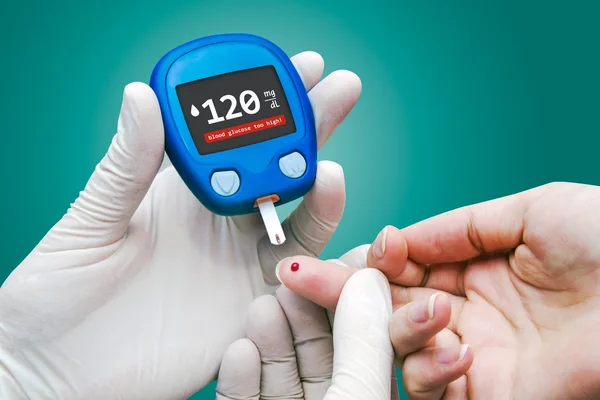
Here are some tips for managing your blood sugar when eating bananas:
Choose green or slightly ripe bananas. These bananas contain less sugar and more resistant starch, which will help to slow down the absorption of sugar into your bloodstream.
Eat bananas in moderation. One or two bananas per day is a healthy amount for most people.
Pair bananas with protein or healthy fats. Protein and healthy fats can help to slow down the absorption of sugar into your bloodstream. For example, you could pair a banana with a handful of nuts, a dollop of peanut butter, or a scoop of Greek yogurt.
Monitor your blood sugar levels. If you have diabetes, it is important to monitor your blood sugar levels regularly. This will help you to see how different foods, including bananas, affect your blood sugar.
If you are concerned about how bananas may affect your blood sugar, talk to your doctor or a registered dietitian. They can help you create a personalized eating plan that is right for you.
FAQs

Q1. Can people with diabetes eat bananas?
Yes, people with diabetes can eat bananas in moderation as part of a healthy diet. Bananas are a good source of potassium, which is important for people with diabetes. They also contain fiber, which can help to slow down the absorption of sugar into the bloodstream.
Q2. What is the glycemic index (GI) of bananas?
The glycemic index (GI) is a measure of how quickly a food raises blood sugar levels. Bananas have a GI of 51, which is considered to be low. This means that bananas are unlikely to cause a significant blood sugar spike in most people.
Q3. What is the glycemic load (GL) of bananas?
The glycemic load (GL) is a measure of the total amount of carbohydrates in a food and how quickly it raises blood sugar levels. A GL of less than 10 is considered to be low. A medium banana has a GL of 5, which is considered to be low.
Q4. How many grams of sugar are in a banana?
A medium banana contains about 14 grams of sugar.
Q5. How much potassium is in a banana?
A medium banana contains about 422 milligrams of potassium.
Q6. What other nutrients do bananas contain?
Bananas are a good source of vitamins B6 and C, as well as fiber.
Are bananas a healthy snack?
Yes, bananas are a healthy snack for people of all ages, including those with diabetes. They are a good source of nutrients and fiber, and they are low in calories.
